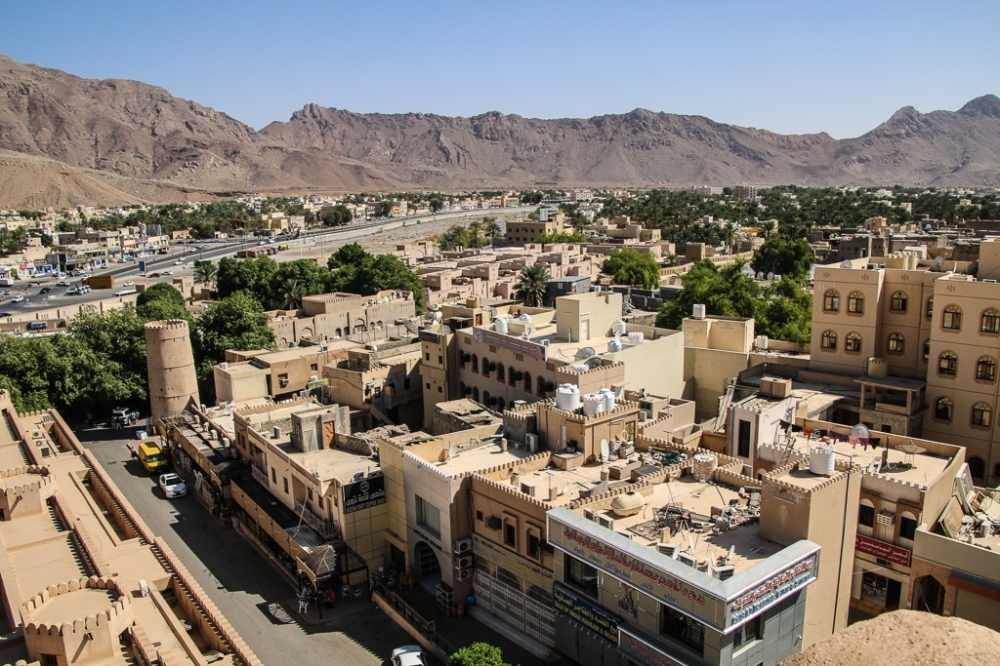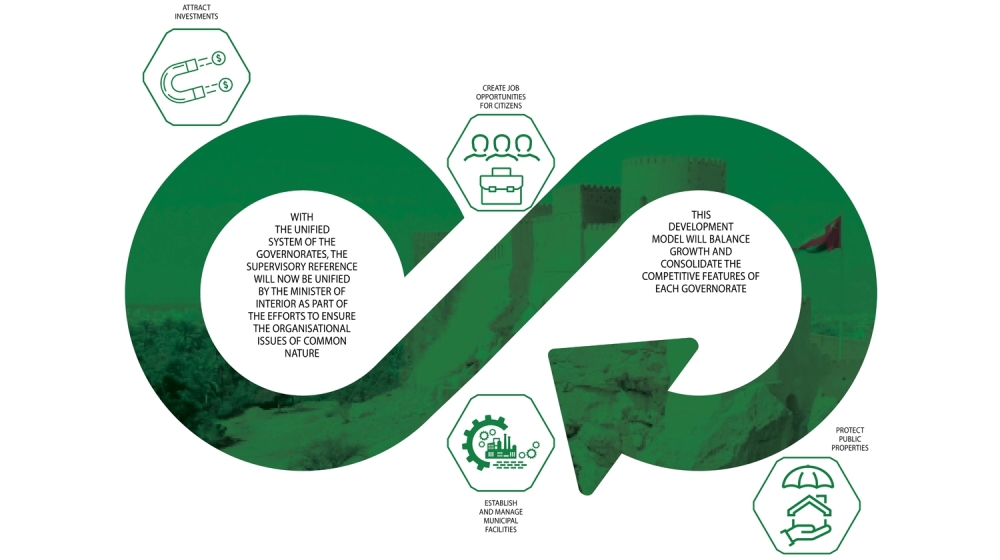

The development of the governorates coinciding with a modern approach to decentralised administration is one of the key components of Oman Vision 2040.
This development model will balance growth and consolidate the competitive features of each governorate. It will also contribute to devising social, economic and environmental priorities within the framework of decentralisation.
Since his ascension to the throne, His Majesty Sultan Haitham bin Tarik has been endeavouring to delegate tasks and streamline government agencies aimed at power devolution, which on the other hand, has a direct impact on productivity and transparency and enhances the economy’s potential competitiveness.
This ‘economic dividend’ will come through devolved administrations’ ability to tailor policies to local needs, generate innovation in investments and service provision through inter-provincial competitions, and stimulate participation and accountability.
Within this framework comes the Royal Decree 36/2022 establishing the Unified System of the Governorates, which specifies their responsibilities to be imparted in coordination with the other authorities to fulfil the goals of Oman Vision 2040.
The Minister of Interior will now unify the supervisory reference for all governorates as part of the efforts to ensure the organisational issues of common nature between the governorates under unified regulations that govern all municipal affairs in them.
The new system targets sustainable development of the governorates by providing an environment which will attract investments, create job opportunities for citizens, establish and manage municipal facilities and protect public properties.
In addition to setting clear, broad and flexible terms of reference for the governors, the new system enables the governors to carry out direct executive tasks related to economic development, enhancing the governorate’s own sources of income, enhancing its competitiveness, and encouraging investments in it.
According to the new system, the Minister of Interior should meet the governors at least twice a year or, as the need arises, to discuss the common affairs of the governorates. The governor is responsible for preparing projects related to the development plans for the governorates in coordination with the competent authorities and following up on their implementation.
“The governor is the representative of the government who will receive complaints, if any, related and take appropriate decisions in this regard. The governor will also coordinate with the heads of government units regarding the performance of their branches and offices in the governorate”, a statement on the system says.
In the new administrative system, governors directly oversee the walis, follow up on their daily work, evaluate their performance, and submit periodic reports on them to the Minister of Interior.
They will also submit an annual report on the outcome of the governorate’s work as well as issues that need to be presented to the Council of Ministers, to the Minister of Interior, who, in turn, refer them to the Council of Ministers.
Each governorate will have an independent budget though they will have allocations from the state general budget. The other sources of finance include investment returns and a percentage of municipal fees, which are determined by a decision of the Council of Ministers.
“Each governorate will have a municipality with the level of a directorate-general except for the governorates of Muscat and Dhofar where the municipality has a higher status, and they directly fall under the governor,” it states. The municipality within the governorate is entrusted with practising all municipal activities stipulated by the system.
“The municipality has a branch in each wilayat that undertakes the exercise of activities within the wilayat under the direct supervision of the municipality”, it adds.
Referring to the new system, Mohammed bin Sulaiman al Kindi, Governor of North Al Batinah said, by granting powers to the governors will strengthen the governorates and help unify the supervisory reference to the Minister of Interior. This will also ensure the organisational issues of a common nature between the governorates under unified regulations governing all municipal affairs, he added.
“This will enhance the desired administrative and economic decentralisation of the governorates by making them administratively and financially independent units”, he said.
Shaikh Mu’dhid bin Mohammed al Yaqoubi, Governor of Al Wusta, said that the Royal Decree No. 36/2022 confirms the supreme keenness to activate the decentralisation approach in the governorates as a tool for comprehensive development within the most prominent features of the Oman Vision 2040 and the application of the concept of competitiveness based on comparative advantages.
“This will undoubtedly contribute to unifying the procedures and simplifying them according to a common vision that achieves the desired goals. The unification of the supervisory reference from my point of view comes in harmony with the insightful vision of unifying procedures and facilitating tasks, especially in the joint affairs of the governorates”, he said.
Oman Observer is now on the WhatsApp channel. Click here




